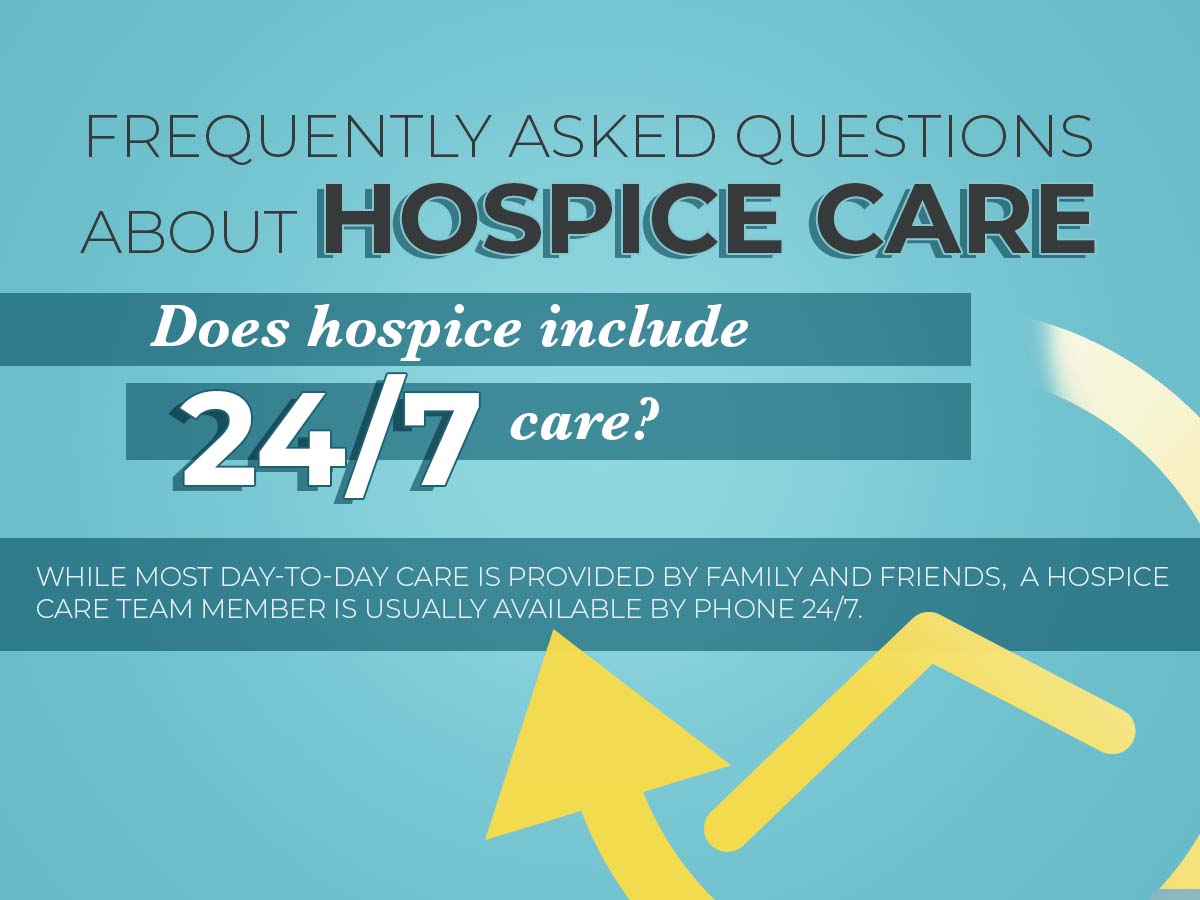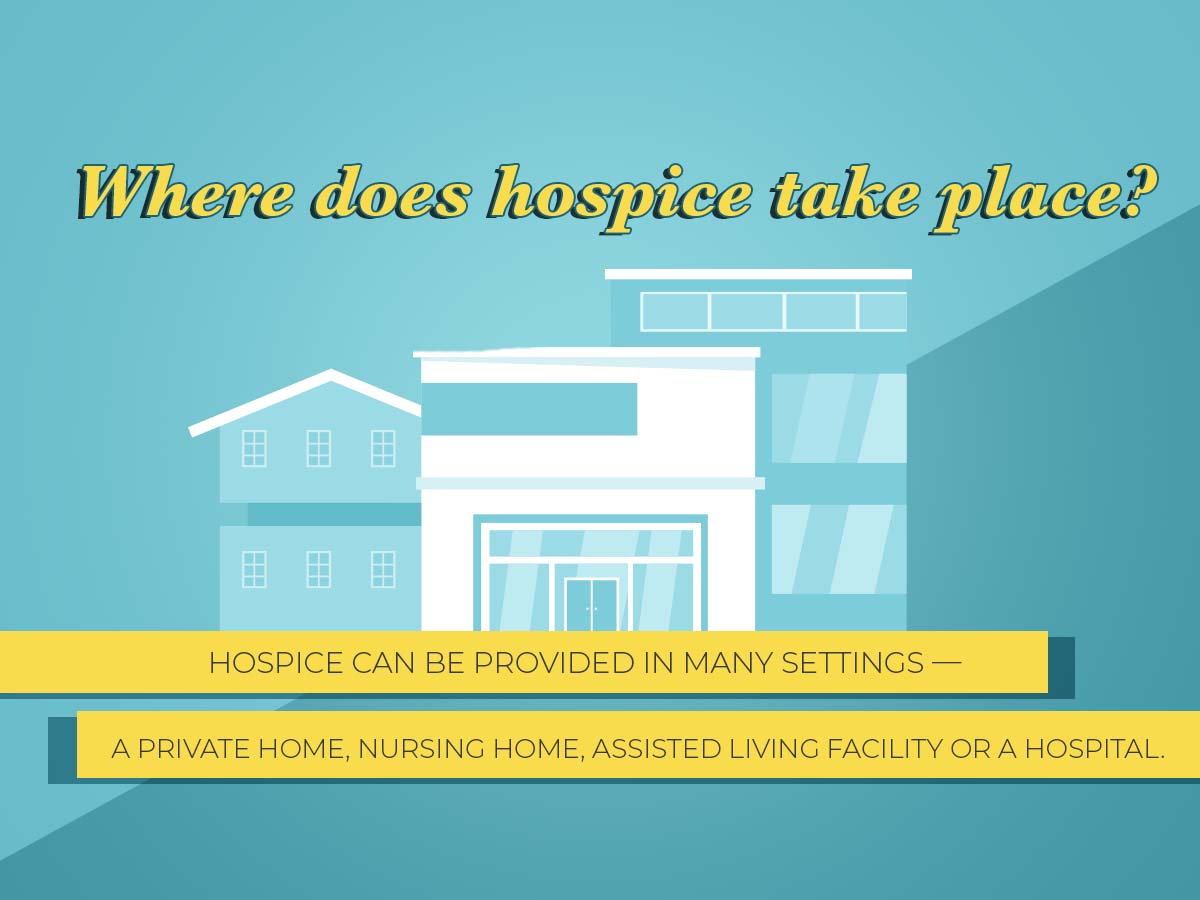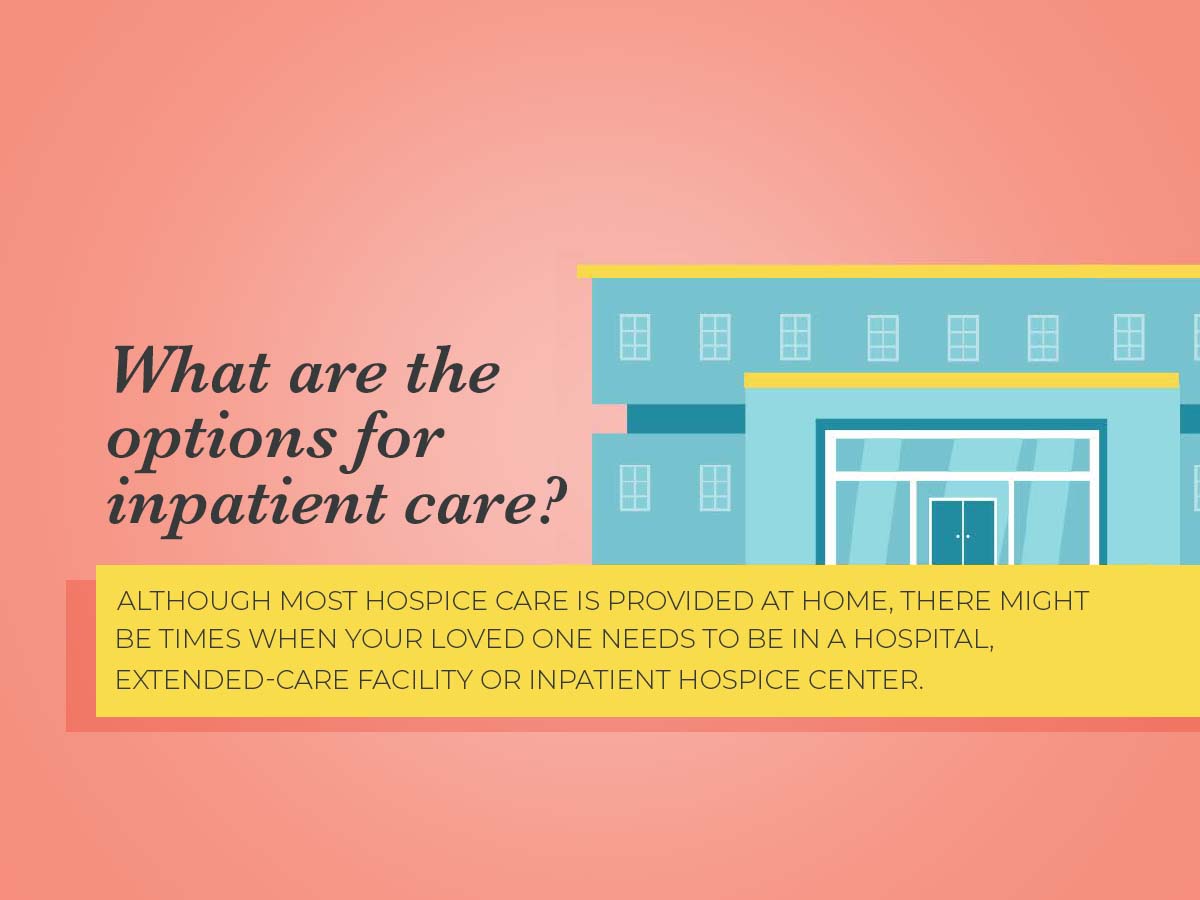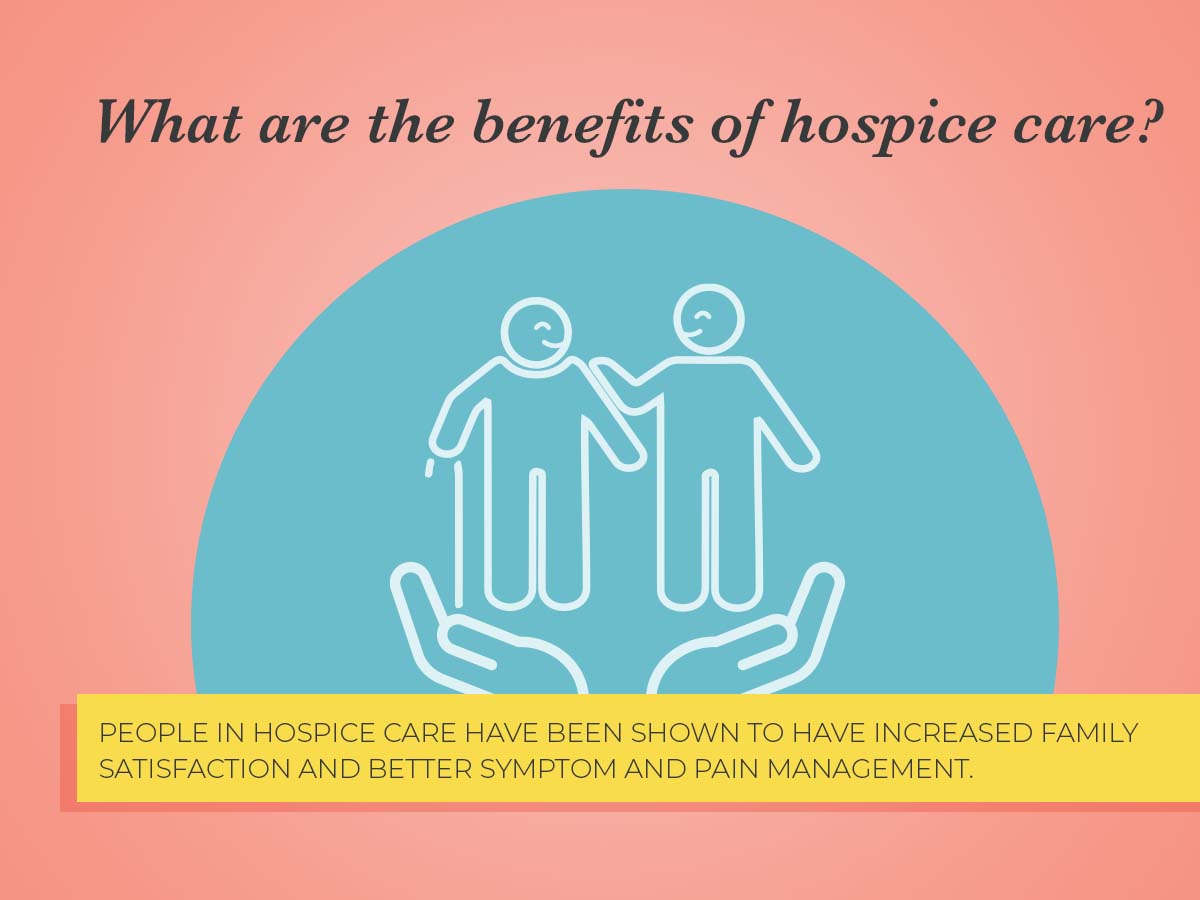Dealing with a difficult choice—hospice care
Dealing with a difficult choice—hospice care
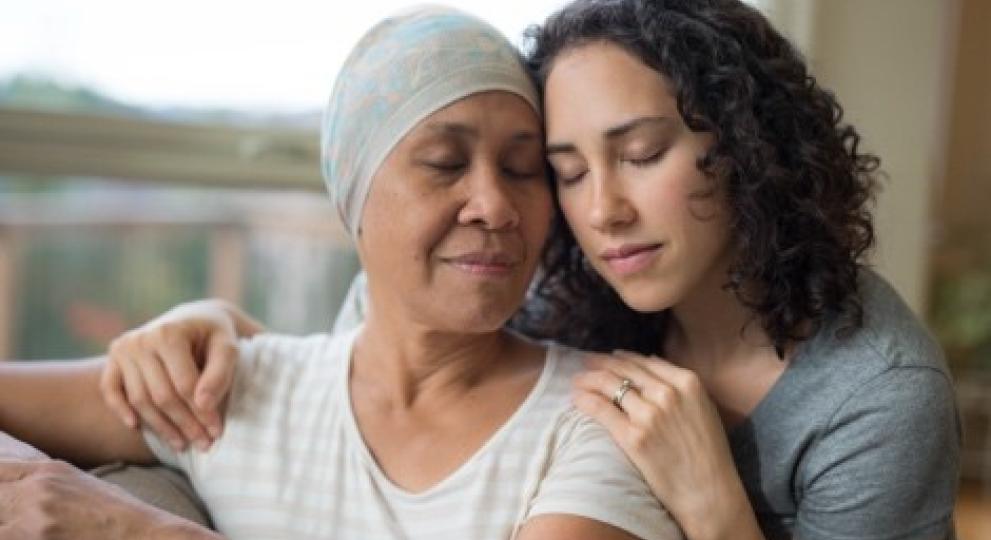
Dealing with a difficult choice—hospice care
Making decisions for your loved one during their cancer treatment journey can sometimes be challenging. But these decisions are important to ensure they receive the care they need.
At a certain point, you may have to consider options that can be both difficult and stressful, such as hospice care. Although some people may associate the word “hospice” with the idea of giving up, that’s not the case. Hospice care works to bring a better quality of life to your loved one so that they can make the most of this stage in their life.
What is hospice care and when to consider it
If your loved one has a terminal medical condition or is expected to live six months or less, it may be a good idea to think about hospice care. Hospice is a special kind of care that provides compassionate treatment for your loved one so they may live with dignity and are surrounded by the people they love. It focuses on the person, their specific symptoms and making sure they feel as comfortable as possible.
Hospice care also includes you and your family in the decision-making and offers you different kinds of support. It includes several services such as:
• Helping with pain management and other symptoms
• Assisting with emotional and spiritual needs
• Arranging house calls from a doctor or providing transportation to doctor’s appointments
• Bathing and dressing your loved one or helping with chores, like cooking and laundry
• Providing guidance on how to care for your loved one
• Giving companionship for your loved one, so you can run an errand or do other work
• Providing counseling for family and friends
If you are considering hospice care for your loved one, here are some things to keep in mind.
1. Communication and information are key
Talk to your loved one about hospice care as soon as you can. Knowing what they would want in any circumstance will give you peace of mind right from the start and will help you plan to make sure those wants are met. It’ll also prevent you from having to talk about it at a more difficult time.
The healthcare professionals around you are a great source of information. Talk to your loved one’s primary care doctor or specialized care team members for recommendations of providers. You can also visit hospice care facilities and websites to learn about their services. Compare Medicare-certified companies at Hospice Compare on Medicare.gov.
2. It’s not all about the medicine
What you and your loved one may need during these challenging times may go beyond medicine. Hospice care addresses additional aspects of care and can relieve a lot of stress and worry surrounding a terminal diagnosis.
Some hospice care providers can also help you with:
• Spiritual care, which might involve a ceremony, sitting down to talk or help saying goodbye
• Family meetings to keep family members informed, help with sharing feelings or give general support
• Coordination of care to help doctors, nurses, pharmacists and funeral homes work together
• Respite care to give family caregivers some needed rest or time away
• Bereavement care, which may involve a counselor or member of the clergy assisting with phone calls, visits or support groups
• Do what’s best for your loved one
Whether you decide to arrange hospice care services or not, it’s important to make an informed decision based on your loved one’s needs. And don’t forget to care for yourself during this difficult time, too. The better you feel your loved one is being taken care of, the better you may feel yourself.






